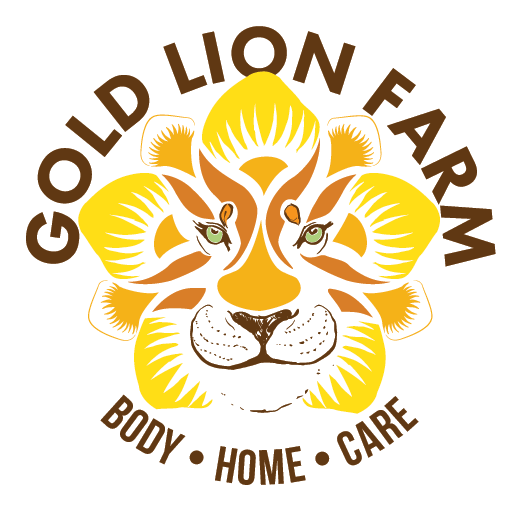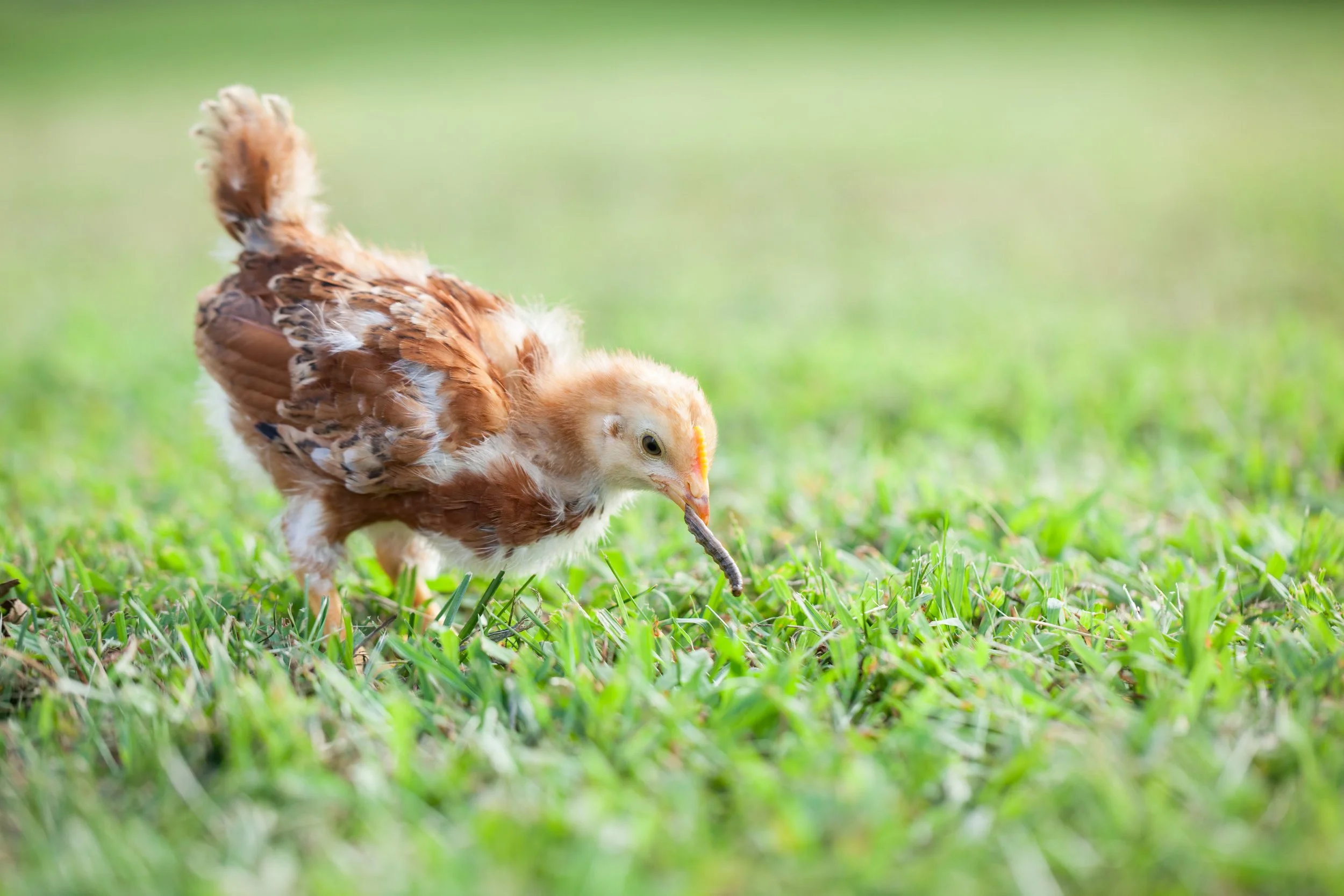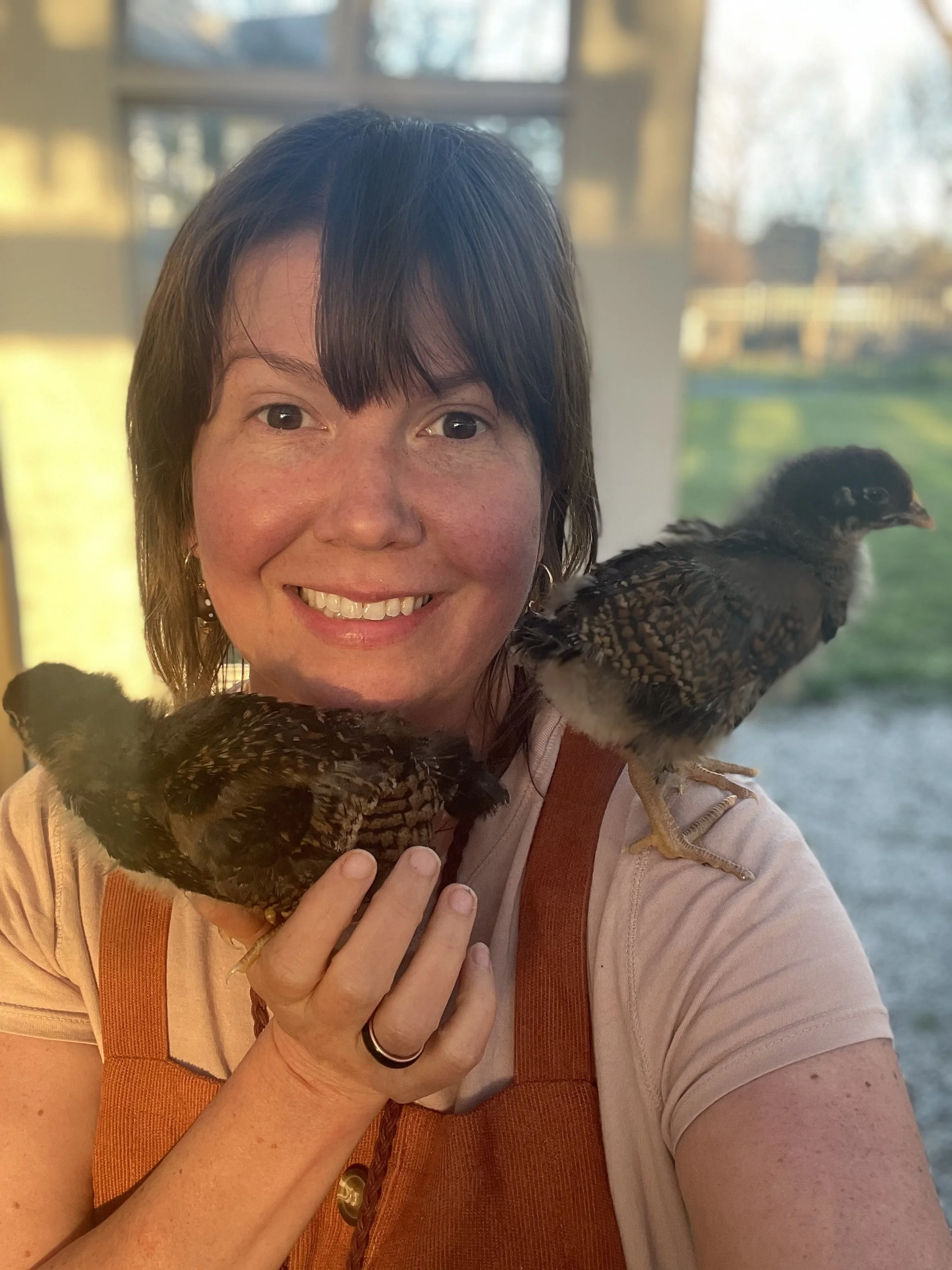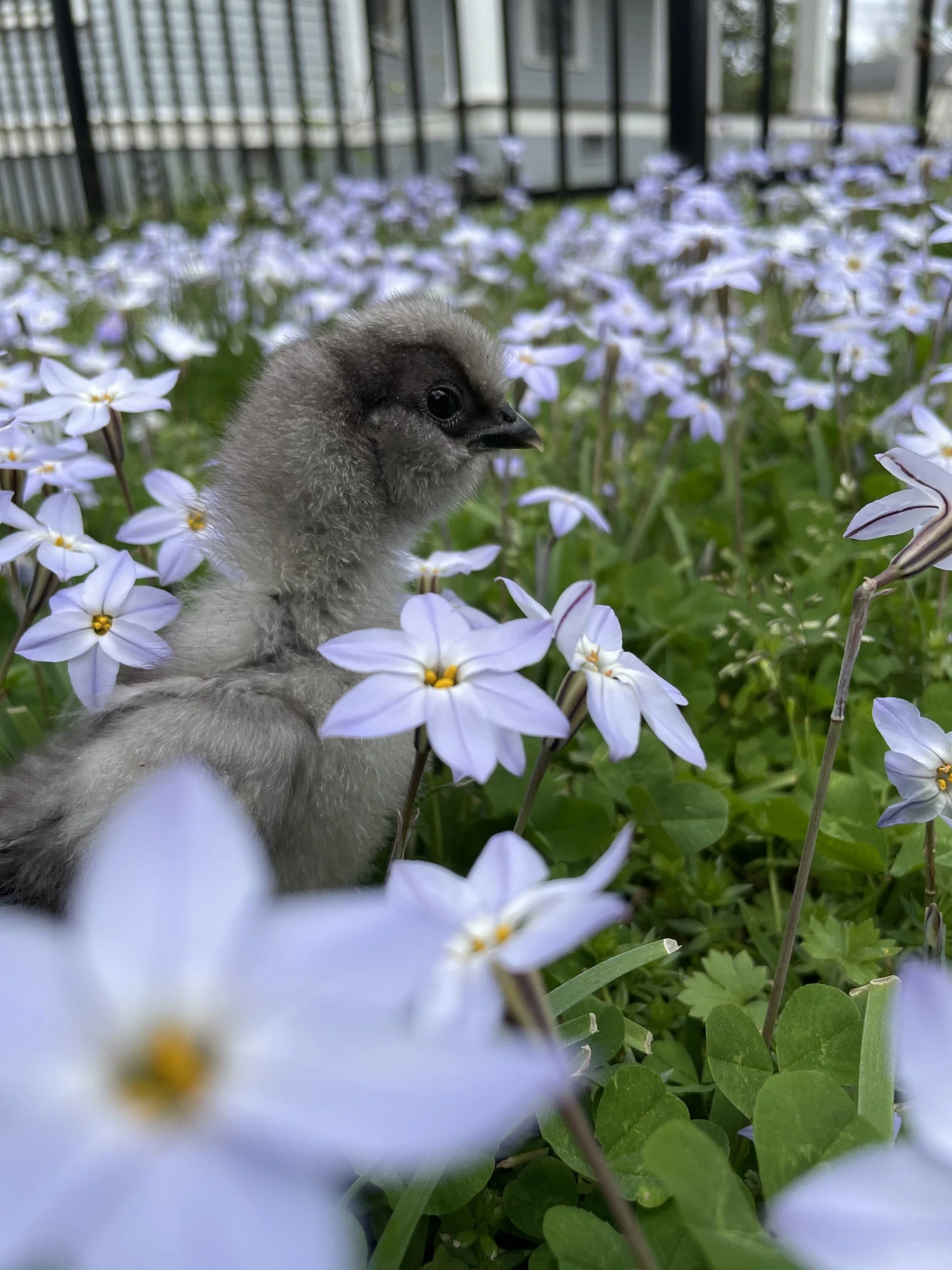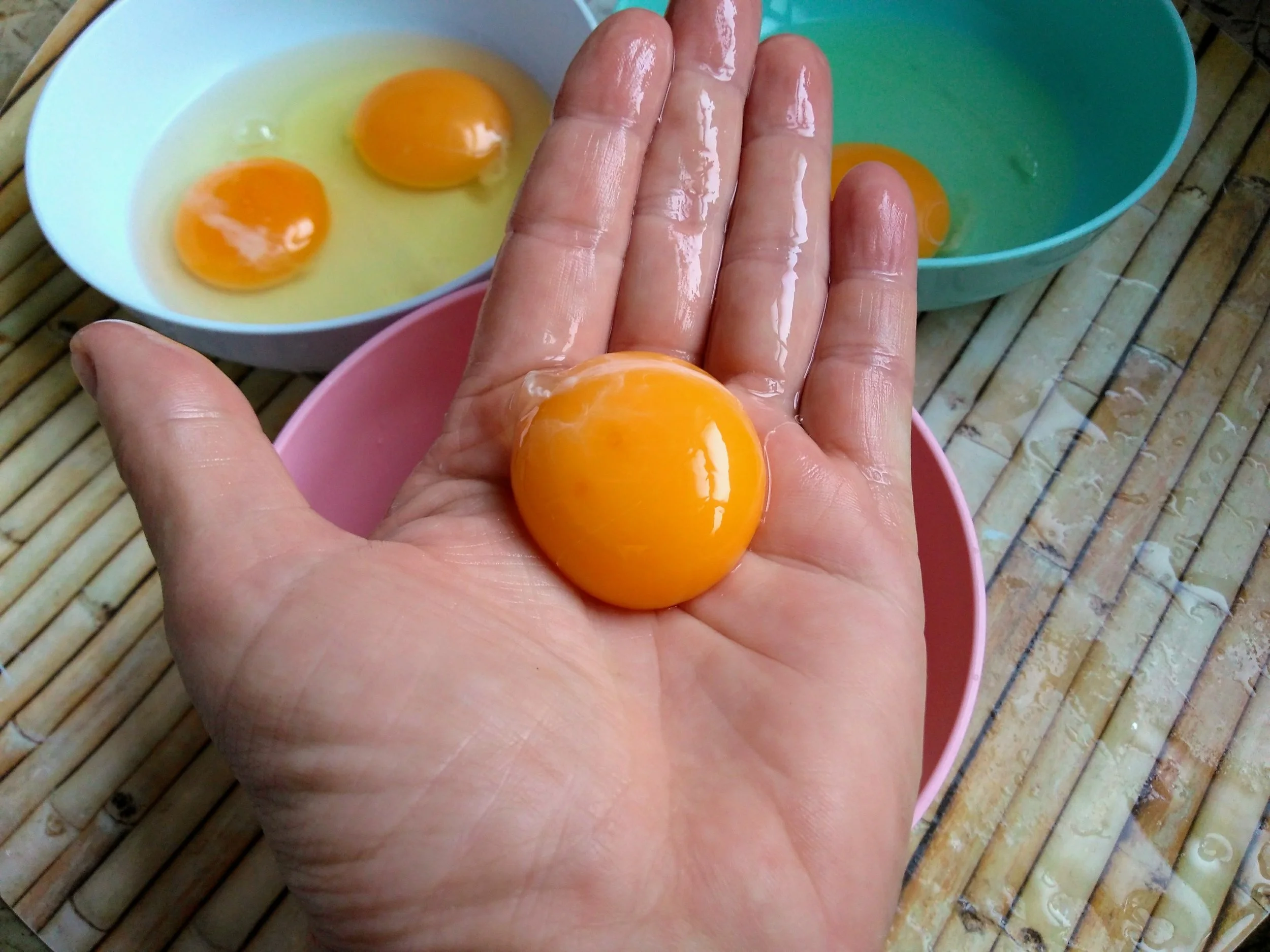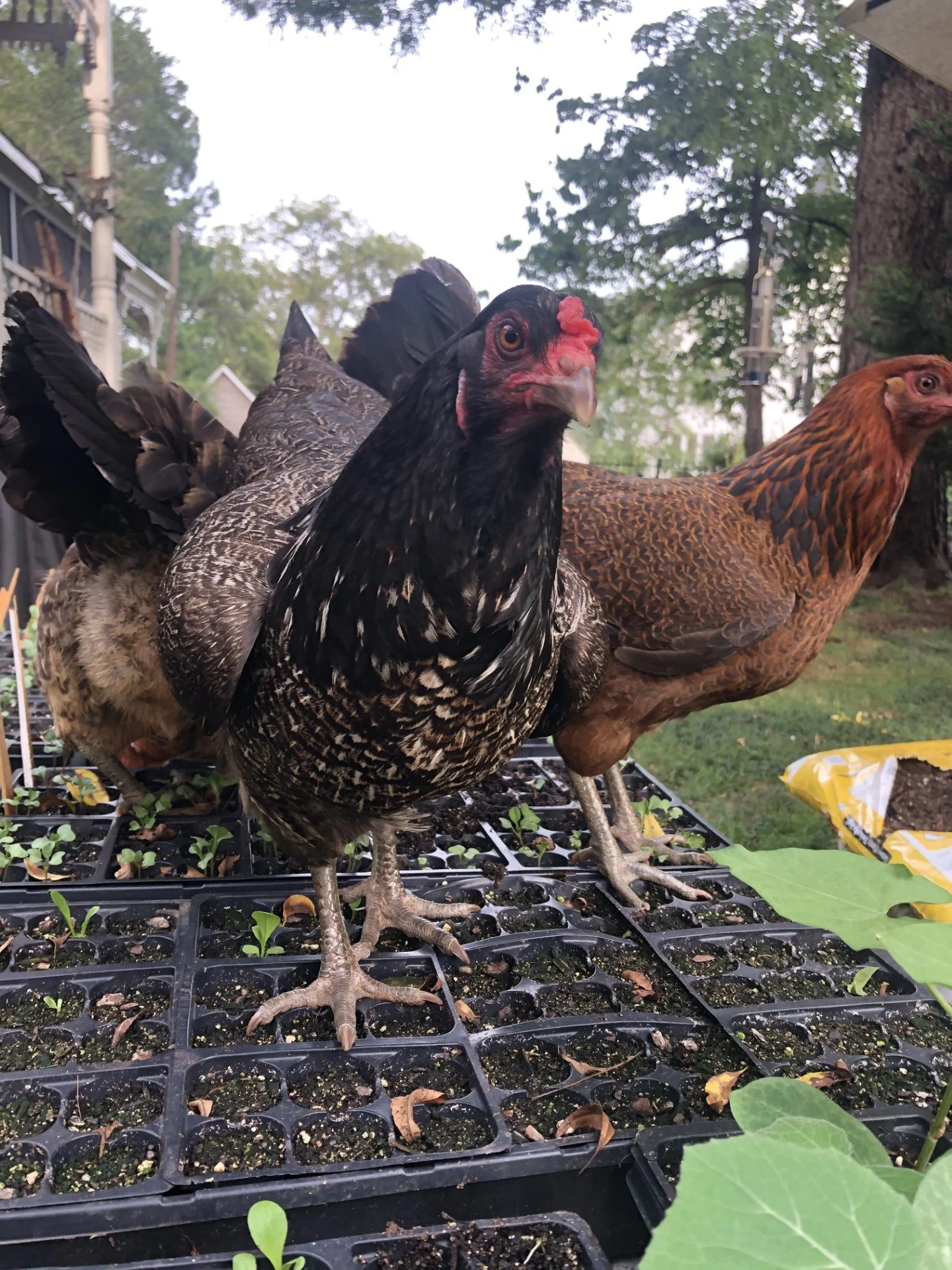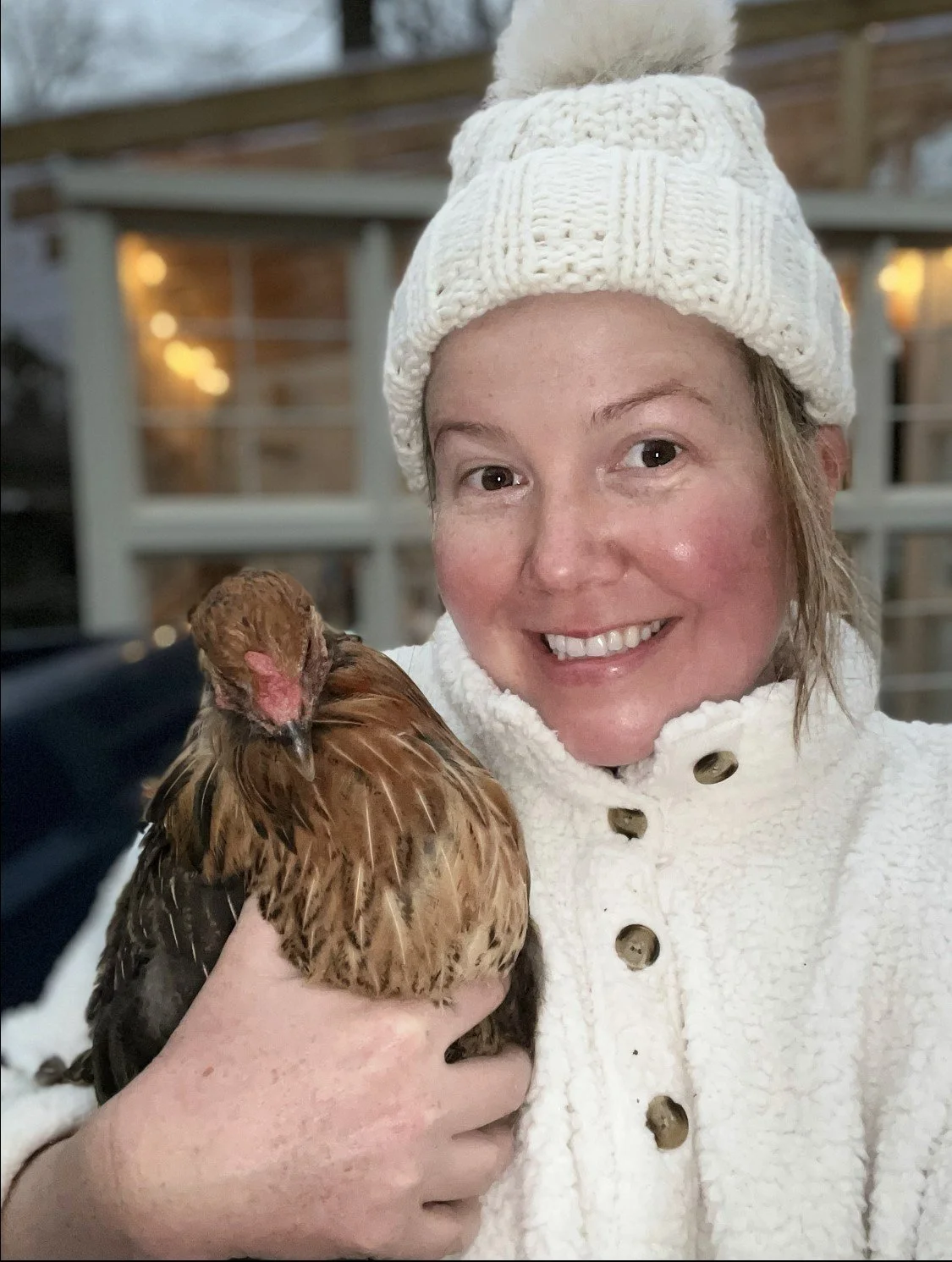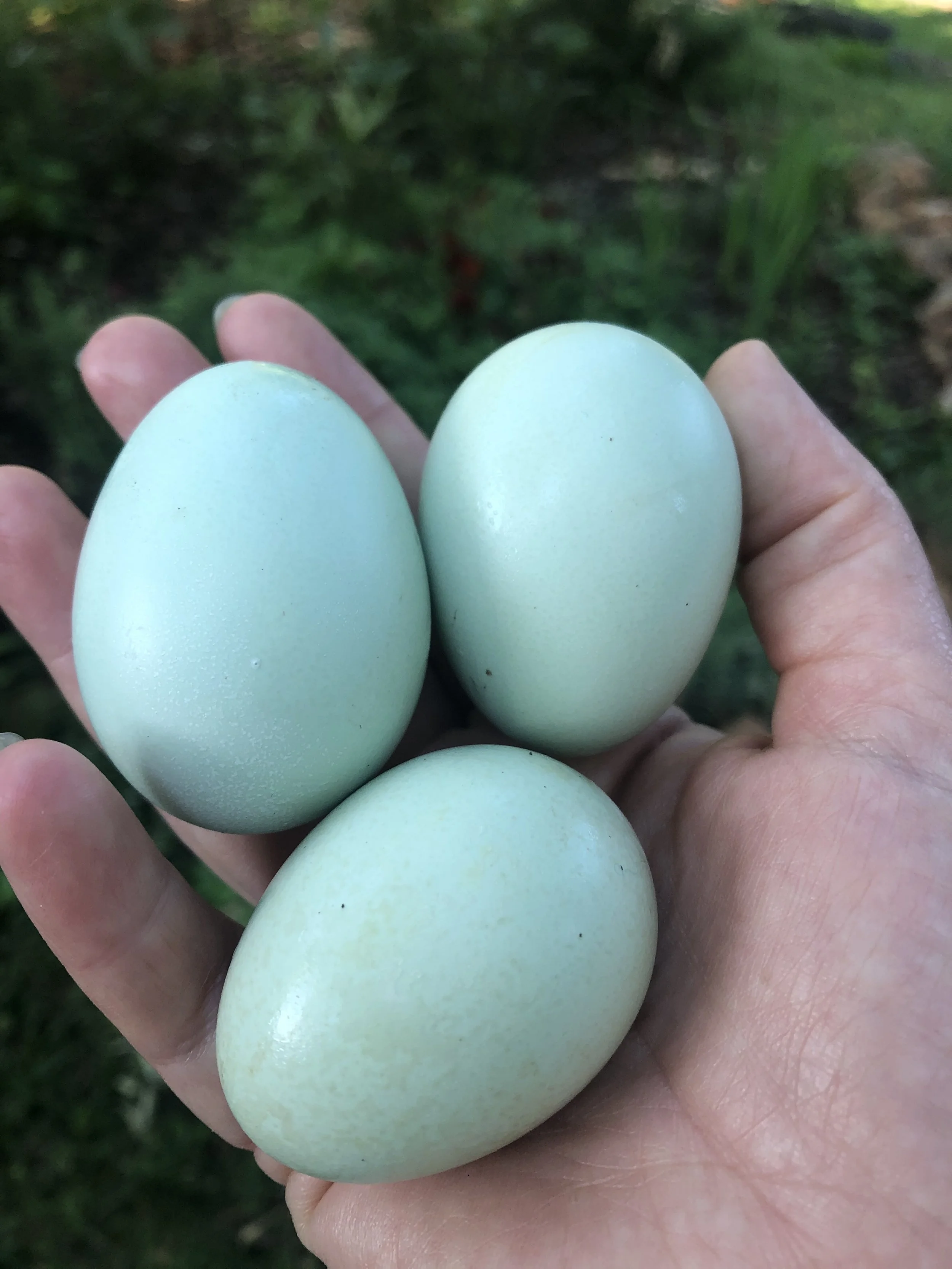The Benefits of Pastured Chickens in a Flower Farm:
Enhanced Organic Pest Control
When we think of a flower farm, our minds often conjure up images of vibrant blooms, fragrant scents, and picturesque landscapes. However, there is one often-overlooked secret ingredient that plays a crucial role in maintaining the delicate balance of an organic environment: pastured chickens. For the last four years these feathered friends not only bring life and charm to our farm but also offer numerous benefits, including effective pest control and the production of high-quality eggs. Trying to understand what the chickens bring to the table? Let’s explore the values of keeping pastured chickens in Gold Lion Farm and how they contribute to a more balanced and sustainable landscape.
Chickens excited for spring, 2022
.Natural Pest Control: Chickens are excellent foragers, and their diet consists of more than just commercial feed. When allowed to roam freely in a flower farm, they have access to a variety of grasses, greens, and bugs. Chickens are natural hunters of insects, snails, slugs, and other pests that can potentially harm the plants. By consuming these pests, the chickens act as natural pest control agents, reducing the need for harmful chemical pesticides. This not only benefits the flowers but also helps maintain an organic environment, free from synthetic substances that could harm beneficial insects and birds.
Fertilization and Soil Health: Chickens are renowned for their remarkable ability to convert organic matter into valuable fertilizer. Their droppings are rich in nutrients, including nitrogen, phosphorus, and potassium, which are essential for plant growth. As chickens freely roam around the flower farm, they naturally distribute their manure, enriching the soil and providing a consistent source of nutrients for the plants. This process enhances soil health and fertility, leading to healthier and more vibrant flowers.
.
Balanced Landscape: By allowing chickens to freely graze on the flower farm, a harmonious balance is achieved in the ecosystem. The chickens help control the population of pests that can damage flowers and plants, resulting in a healthier and more robust landscape. Additionally, their scratching and pecking behaviors aerate the soil, break down organic matter, and control weed growth. This natural tilling action reduces the need for mechanical methods of weed control and promotes a more sustainable farming approach.
.
Quality Eggs: Apart from their contribution to pest control and soil health, pastured chickens also offer another valuable asset - high-quality eggs. Chickens that have access to a diverse diet of bugs, grasses, and greens produce eggs that are not only tastier but also more nutritious. These eggs have been found to have higher levels of omega-3 fatty acids, vitamin E, and beta-carotene compared to eggs from chickens raised solely on commercial feed. By incorporating pastured chickens into the farm, Gold Lion Farm can provide its customers with eggs that are not only ethically sourced but also have superior flavor and nutritional content.
The presence of pastured chickens in a organic flower farm brings numerous advantages that contribute to a more balanced and sustainable environment. Their natural pest control abilities, the fertilization of soil, and the production of high-quality eggs all play a significant role in enhancing the overall health and productivity of the farm. Gold Lion Farm's decision to incorporate pastured chickens not only adds beauty and charm but also showcases a commitment to organic practices and the creation of a landscape that thrives in harmony with nature.
When chickens have a diet primarily composed of bugs and grasses, there are several benefits that can be observed in the quality of their eggs. Here are some key advantages:
Enhanced Nutritional Profile: Bugs and grasses offer a diverse range of nutrients that are absorbed by the chickens and subsequently transferred to their eggs. The result is eggs with an enhanced nutritional profile. For example, eggs from chickens that consume bugs and grasses tend to have higher levels of omega-3 fatty acids, which are beneficial for heart health and brain function. These eggs may also contain increased levels of vitamin E, beta-carotene, and other antioxidants.
Increased Omega-3 Fatty Acids: Omega-3 fatty acids are essential fats that play a crucial role in our overall health. They are known to reduce inflammation, support brain function, and promote heart health. Chickens that have access to bugs and grasses are able to incorporate more omega-3 fatty acids into their own body fat, which is then passed on to their eggs. As a result, eggs from such chickens tend to have higher levels of omega-3 fatty acids, making them a healthier choice for consumers.
Improved Flavor: The varied diet of bugs and grasses lends a unique flavor to the eggs. Chickens that forage on a diverse range of natural food sources tend to produce eggs with a richer and more complex taste compared to those raised solely on commercial feed. The eggs may exhibit nuances of the plants and insects the chickens consume, resulting in a more enjoyable culinary experience.
Reduced Antibiotic and Chemical Exposure: Chickens that are allowed to graze on bugs and grasses consume a more natural diet, reducing their exposure to antibiotics, hormones, and chemical additives. Commercial feed often contains additives and antibiotics to promote growth and prevent disease. By avoiding such feed and instead consuming bugs and grasses, the chickens produce eggs that are free from these artificial substances, providing a healthier and more natural option for consumers.
Ethical and Sustainable Practices: Allowing chickens to forage on bugs and grasses aligns with ethical and sustainable farming practices. By providing chickens with a more natural diet, farmers are promoting the welfare of the animals and enabling them to engage in their natural behaviors. This approach also reduces the reliance on commercial feed production, which can have a significant environmental impact due to intensive agricultural practices here at Gold lion Farm.
In summary, eggs from chickens that primarily consume bugs and grasses offer numerous benefits. They tend to have a superior nutritional profile, higher levels of omega-3 fatty acids, enhanced flavor, reduced exposure to antibiotics and chemicals, and align with ethical and sustainable farming practices. Choosing eggs from chickens with a natural and diverse diet can contribute to a healthier and more environmentally conscious lifestyle.
